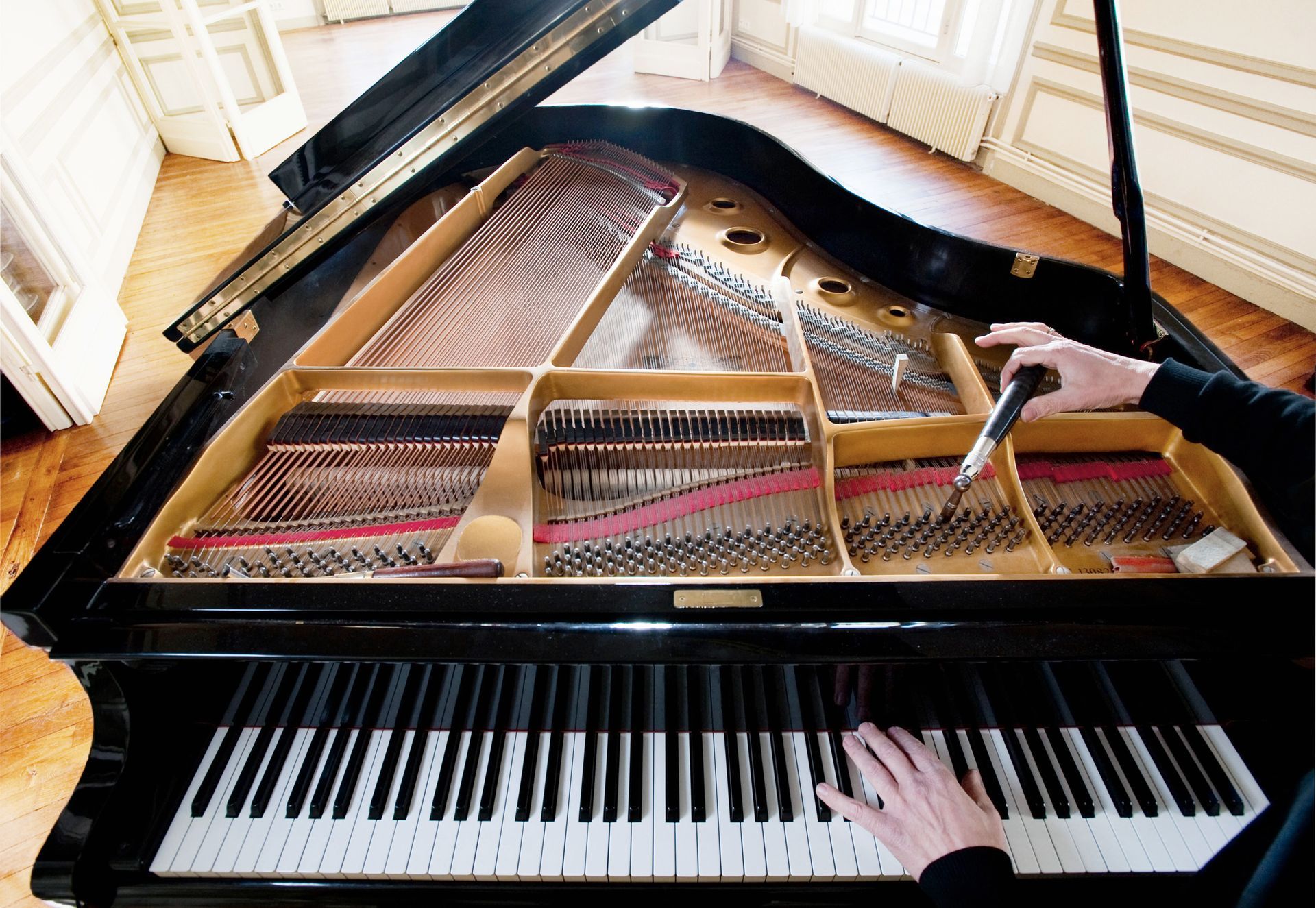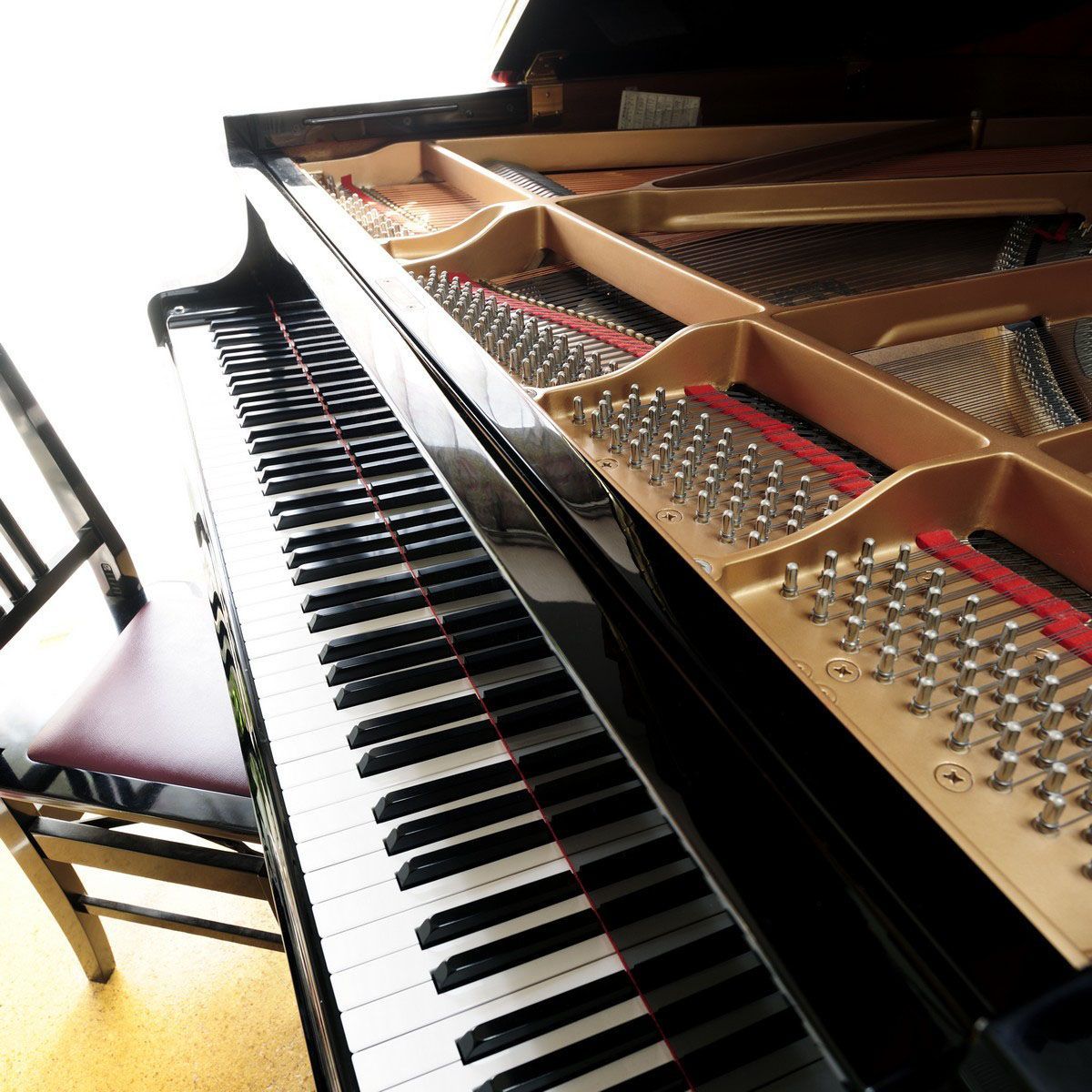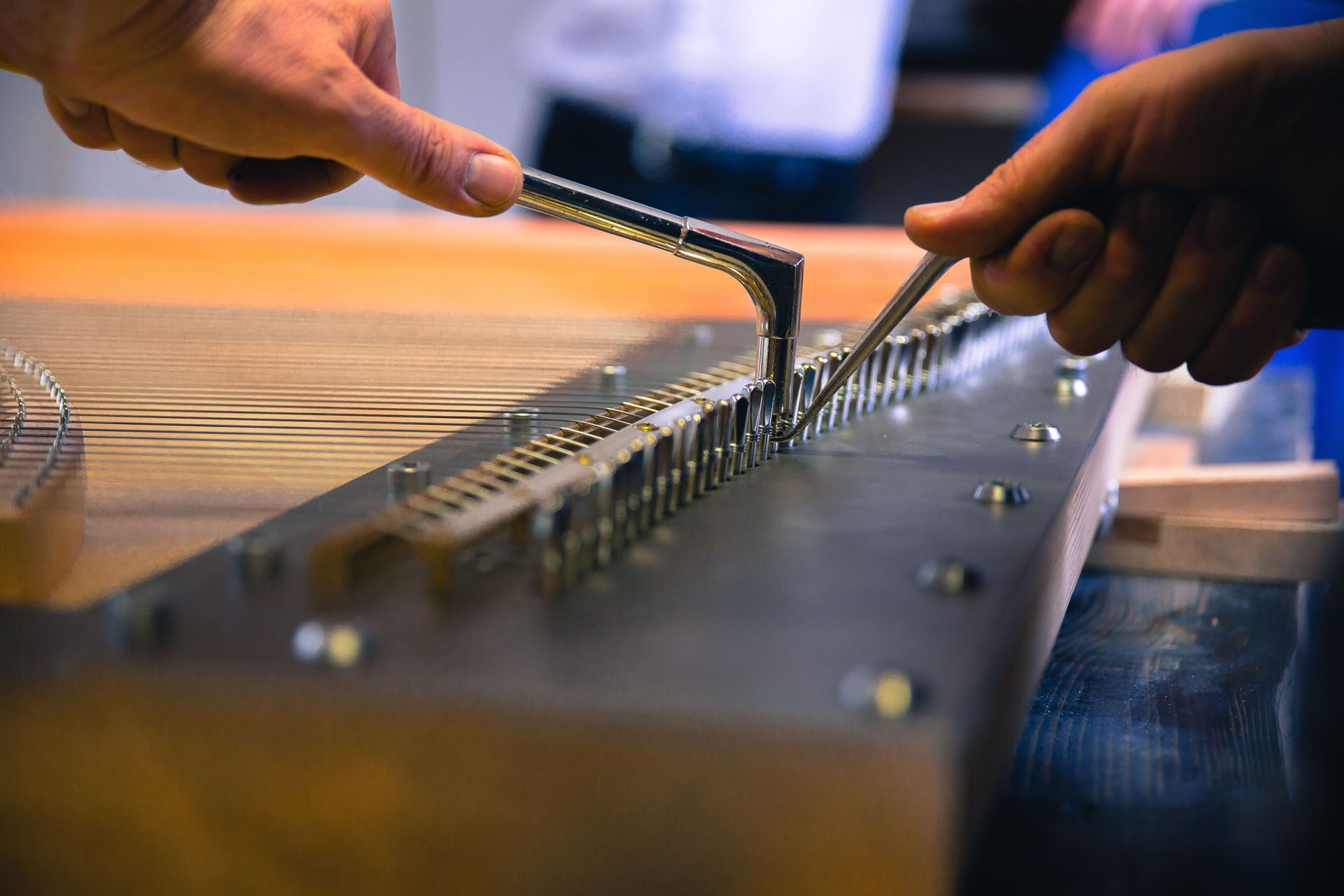October 10, 2025
In this article, we explore the telltale signs that your piano may require professional attention. Recognizing these early warnings can save costly repairs and ensure your piano remains in optimal playing condition. Pianos are intricate instruments that demand regular care and maintenance. Small issues can escalate into severe problems if overlooked, compromising sound quality and playability. Our guide will help you identify common signs that indicate when you need piano repair services.
1. Rattling Sounds
Firstly, rattling sounds when playing a piano can signal underlying mechanical issues. Loose parts are often a culprit, resulting in an unpleasant noise that disrupts performance. Over time, fasteners and screws can loosen due to vibrations created during playing. To address this, a technician can tighten these components to eliminate the noise. It's essential not to ignore such rattling, as it could worsen, leading to damage to more critical parts.
The presence of resonating metal objects within the piano can also cause rattling sounds. Items like coins, nails, or paper clips might fall inside unnoticed. These foreign objects disrupt sound production by causing unexpected vibrations. Removing these objects often requires the disassembly of specific parts of the piano. A professional technician is best suited to safely perform this task, ensuring no damage during the process.
Rattling may also originate from loose strings or faulty dampers. As the piano ages, the tension in the strings can become inconsistent, causing them to vibrate excessively. Similarly, dampers that don't return correctly to their resting position might not mute the strings efficiently. This can significantly affect sound control, especially in quieter passages. Professional piano repair services are required to retighten strings and adjust or replace ineffective dampers.
2. Buzzing Sounds
Secondly, buzzing sounds in pianos are a common issue that indicates several potential problems. Bridge issues frequently cause buzzing, as they are crucial in transferring vibrations from the strings to the soundboard. A bridge with cracks or misalignment can disrupt this transmission, affecting sound quality. Regular inspections by a technician can help identify early signs of bridge deterioration. Comprehensive repairs, including bridge replacement, may be necessary to restore sound quality completely.
Soundboard cracks are another cause of buzzing sounds, affecting the resonance of the piano. The soundboard amplifies the strings' vibrations, and any crack or breach can significantly impact its function. High humidity or drastic temperature changes often lead to soundboard damage. According to the Piano Technicians Guild, pianos perform best in a room with a temperature of 68°F and 42% humidity, highlighting the importance of climate control to prevent such issues. Regular maintenance and environmental adjustments are crucial in preserving your piano's soundboard and overall sound quality.
Buzzing may also result from damaged hammers or poor string tension. Hammers strike the strings to produce sound, and any wear or misalignment can create an uneven or buzzing sound. Additionally, strings that aren't tensioned correctly produce unwanted vibrations. Prompt attention to these issues through professional maintenance is essential to prevent further damage. Piano repair services can replace or align hammers, and adjusting string tension can restore the piano's desired sound clarity.
3. Frequent Detuning
Thirdly, frequent detuning is a common and frustrating issue for piano owners, indicating potential maintenance needs. Humidity fluctuations play a significant role in the instrument's ability to retain tuning, as they cause the wood to expand and contract. This movement affects the tension in the strings, leading to frequent detuning. Implementing climate controls within the piano's environment can help mitigate these effects, promoting tuning stability. Regular servicing by a technician can also ensure the piano responds appropriately to these environmental changes.
Old strings and weak tuning pins can further exacerbate detuning issues. Over time, strings lose their elasticity and responsiveness, leading to less stable pitch retention. Similarly, tuning pins may become weak or worn, failing to hold the required tension. Professional replacement of these components is advisable to restore the piano's tuning stability. By addressing these factors, you can significantly enhance the instrument's performance and avoid frequent retuning sessions.
Fatigue in the pin block or structural instability are more severe issues leading to poor tuning retention. The pin block holds the tuning pins in place, and its integrity is crucial for maintaining string tension. Damage or wear to this component compromises its function, making it difficult to keep the piano in tune. A thorough structural assessment by piano repair services is recommended if these issues are suspected. Repair or reinforcement of the pin block can ensure long-term stability in your piano's tuning capabilities.
4. Off-Pitch Notes
Furthermore, off-pitch notes can severely affect the enjoyment and performance of a piano. Incorrect string tension is one of the primary causes of this issue, leading to uneven pitch across the keyboard. Ensuring each string holds the correct tension is a meticulous process, often requiring an experienced technician. Regular tuning sessions help maintain the correct tension and address any inconsistencies early on. By focusing on tension adjustments, you can keep your piano's notes accurate and in harmony.
Bridge defects and soundboard issues can also contribute to off-pitch notes. As the bridge and soundboard play essential roles in sound production, any misalignment or damage can affect the accuracy of notes. Inspections for cracks, warping, or other signs of wear are critical in diagnosing these problems. Professional restoration of these components can alleviate the pitch issues, ensuring each note resonates as intended. Immediate attention to these defects minimizes further damage and maintains the piano's playability.
Additionally, hammer alignment and improper technician work may lead to off-pitch notes. Hammers need precise alignment to strike the strings accurately; any deviation results in off-pitch sound. Moreover, errors during previous repair or tuning sessions could introduce new pitch problems. Consulting with a certified and experienced technician can help rectify these mistakes and ensure correct hammer alignment.
Unresponsive Keys
Finally, sticky keys are a common issue that affects the playability of the piano, often caused by humidity and swelling. Moist air can cause the wooden components of the piano to expand, hindering key movement. It's essential to maintain an ideal humidity level to prevent these issues from occurring. Environmental control, as mentioned before by the Piano Technicians Guild, involves maintaining 42% humidity and a temperature of 68°F. Such measures ensure smooth key action and optimal instrument performance.
Debris in the action mechanism is another frequent cause of sticky keys. Dust, dirt, and foreign objects can accumulate beneath the keys, obstructing their motion. Regular cleaning helps prevent this buildup, but professional attention is necessary for deep cleaning and removal of stubborn debris. Additionally, misaligned parts within the action can exacerbate the problem, requiring adjustment or realignment.
Sticky keys may also result from deteriorating felt or broken springs. As the felt ages, it can become compacted or worn, affecting the keys' smooth return to position. Similarly, springs might lose tension or break, inhibiting proper key function. Replacing these parts is often straightforward but requires expertise to ensure compatibility and correct installation. Professional piano repair services will refresh the key action, enhancing the playing experience and prolonging the piano's life.
By being aware of these common signs, you can ensure your piano receives timely maintenance and repairs, thus prolonging its life and maintaining its sound quality. Regularly monitoring your piano for any odd sounds, tuning issues, unresponsive keys, visual deterioration, or pedal problems helps identify areas needing attention. For piano repair services, contact Bruce Ryndfleisz Piano Service Inc today.








